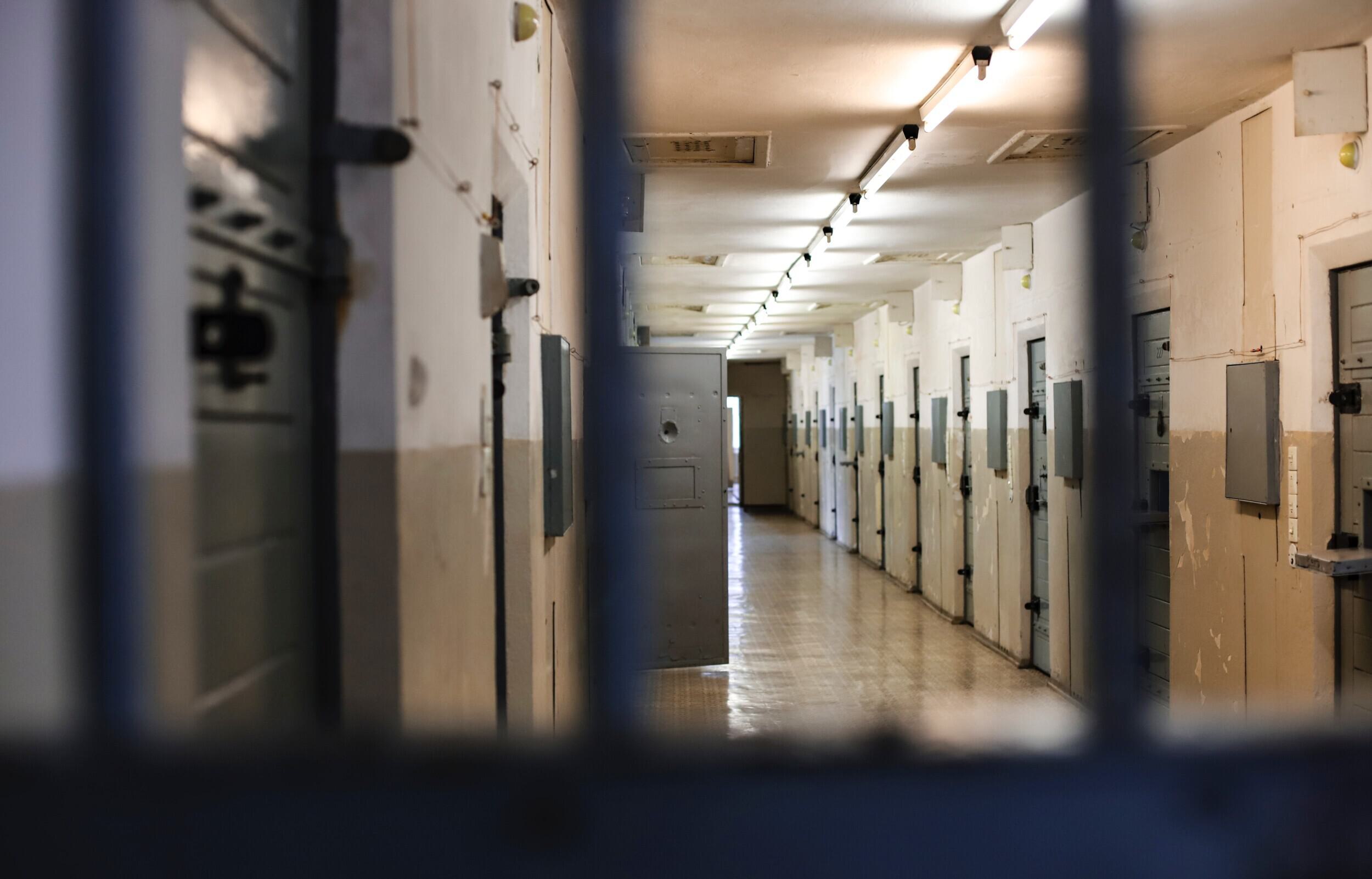Alabama's mandatory early-release population has had a recidivism rate of 2.3% a little over a month since the program started, according to the Alabama Bureau of Pardons and Paroles.
Cam Ward, Alabama Bureau of Pardons and Paroles director, told legislators in a budget request hearing on Wednesday morning that his agency could handle the population they're monitoring.
"I feel like we're on the right path," Ward said at the hearing. "If our goal is to reduce recidivism and therefore increase public safety, I think we're in a position to do that. A lot of that comes from the fact that on the electronic monitoring that you gave us, that's helped us a lot. Y'all gave us $4.6 million of electronic monitoring. Three thousand to 3,500 people will be monitored this year. I'm very proud of our officers. They've done a great job. We had to adapt to make changes for the mandatory supervised release … but I feel like our officers have done a great job of adapting."
According to Ward, 421 individuals were released from state prisons on "mandatory supervised release" in January and February. Of that population, 13 have served the end of their sentence, 14 had outstanding warrants in county jails, and 10 have committed new offenses.
"Almost all" of the new offenses involved drugs or paraphernalia, with the remaining committing property crimes, according to Ward.
The early release of some inmates with electronic monitoring is the result of a bill passed by legislators in 2021. The implementation of the law and the law itself have drawn criticism from some legislators and law enforcement.
In an op-ed last week, Alabama Attorney General Steve Marshall said that the "implementation of the 2021 early-release law is not failing merely due to human error. It is failing because it was flawed from its inception."
To connect with the author of this story or to comment, email caleb.taylor@1819News.com.
Don't miss out! Subscribe to our newsletter and get our top stories every weekday morning.










